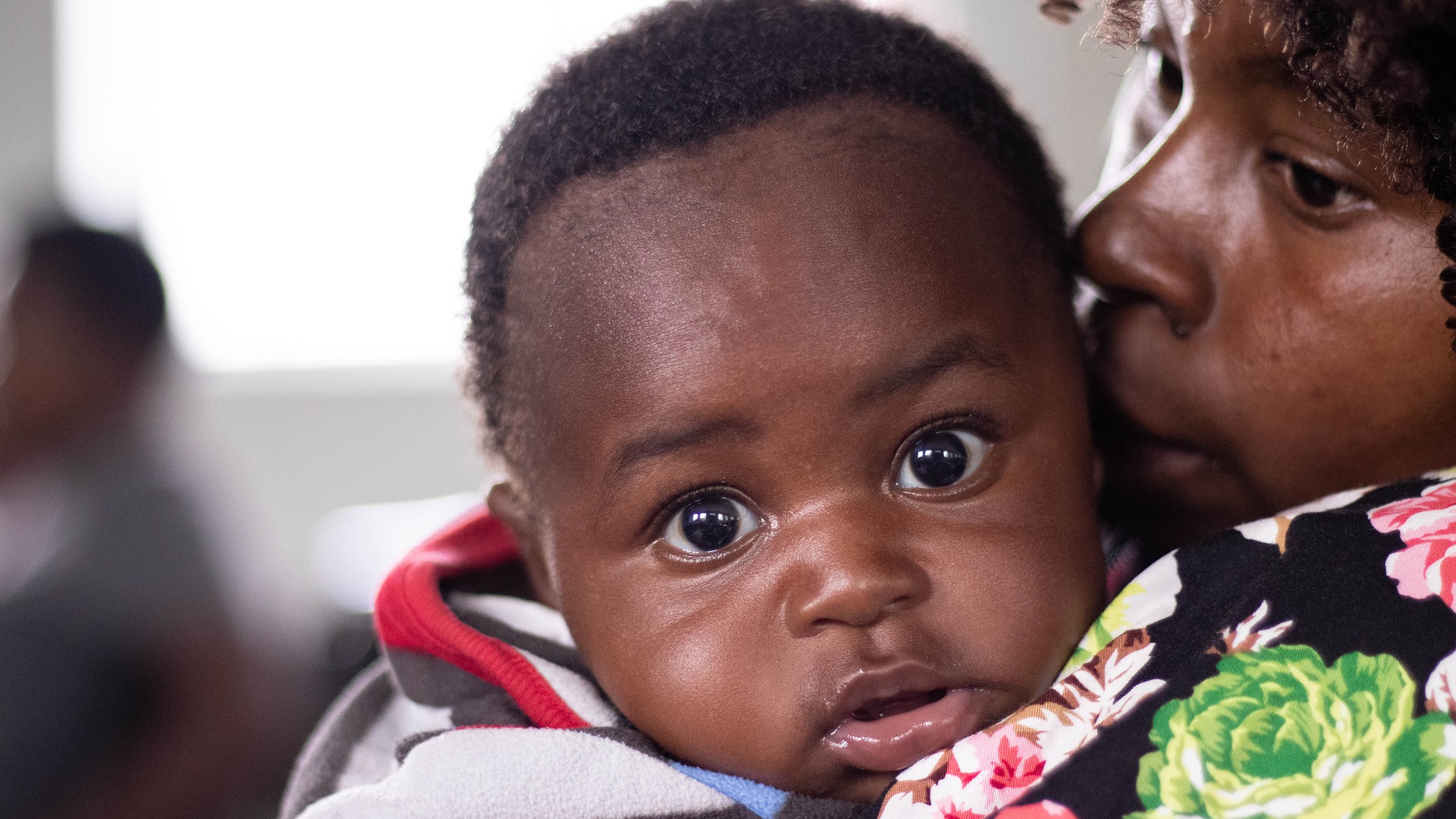Assessing children’s language development

The Early Years Outcomes gives practitioners a basic overview of the development of communication skills in young children and helps you to recognise if a child is having any difficulties or not making progress. It is then the responsibility of the practitioner to take appropriate action.
“…Throughout the early years, if a child’s progress in any prime area gives cause for concern, practitioners must discuss this with the child’s parents and / or carers and agree how to support the child”.
Early Years Foundation Stage Framework 2021 (1.12)
Early intervention can make a big difference!
There are useful assessment tools available, that focus specifically on communication development, which can help to add more detail to your picture of a child’s skills and weaknesses.
When gathering information for your assessment, make sure you have given the child enough time to settle into your setting and they feel comfortable communicating with staff and their peers. Ensure you observe them in lots of different situations and discuss the assessment with other members of staff.
Always take account of the ‘voice of the child’, even if they are not yet using words. Children express their wishes, views and feelings in a range of different ways, so it is recommended to support dialogue with children by using visual prompts and photos, so they can show you what they like doing and what they find difficult. You can also gain information on their views by observing the choices they make, what they like to do and what they try to avoid.
Making a referral
If your assessment and evidence show that a child has a delay of 12 months or more, it is recommended that they are referred to Wye Valley NHS Trust’s Speech and Language Therapy Services.
It is important that you discuss this with the child’s parents / carers first and that they consent to the referral. It is also good practice to check with the child’s health visitor, as they may have already been referred.
To find out more about the criteria and how to make a referral, visit Wye Valley NHS Trust’s website.
Local information and support
Herefordshire Council provide a useful early communication and language monitoring tool, based on the below Every Child a Talker national programme, covering listening and attention, understanding (receptive language), talking (expressive language) and social communication from birth to five years old.
Talking Matters has been developed by Herefordshire’s Speech and Language Therapy Services to support practitioners with assessing and monitoring a child’s communication and learning development. It is broken down into four age ranges: 0 - 6 months, 6 - 9 months, 12 - 18 months and 3 - 4 years.
National information and support
Every Child a Talker: Guidance for early language lead practitioners is a national government programme, designed to support the development of high quality language provision, within early years settings.
Number 3: Good practice
A day care setting makes regular assessments of children’s communication skills using the Talking Matters profiles. Staff check what the children know, identify any gaps in their skills and plan for their next steps. This results in children making rapid progress and being confident and independent learners.
An integrated health review discussion takes place for each child, at around 26 months, between the child’s key person, parent and health visitor. Even if they can’t always meet together in person, this process jointly reviews the child’s health, development and learning, and has a particularly positive impact on providing early intervention and support. Where there are concerns about a child’s progress, the integrated health review process ensures these are quickly addressed through the appropriate referrals.
